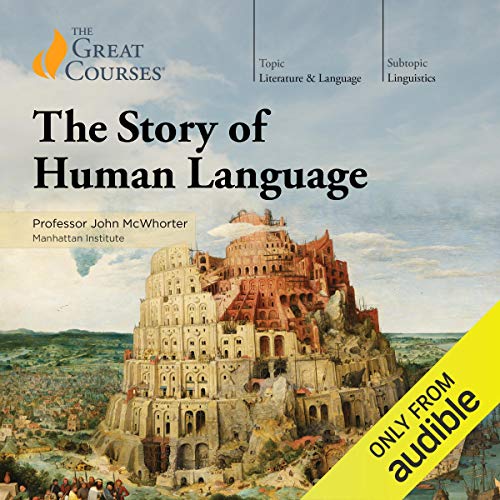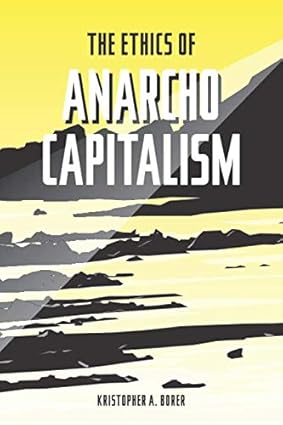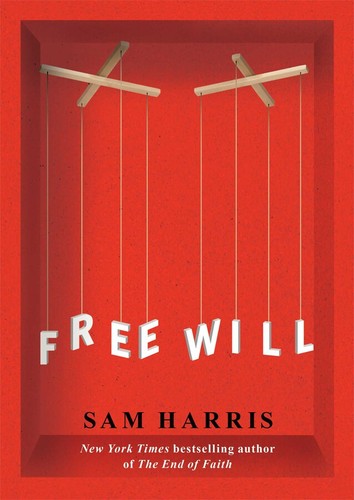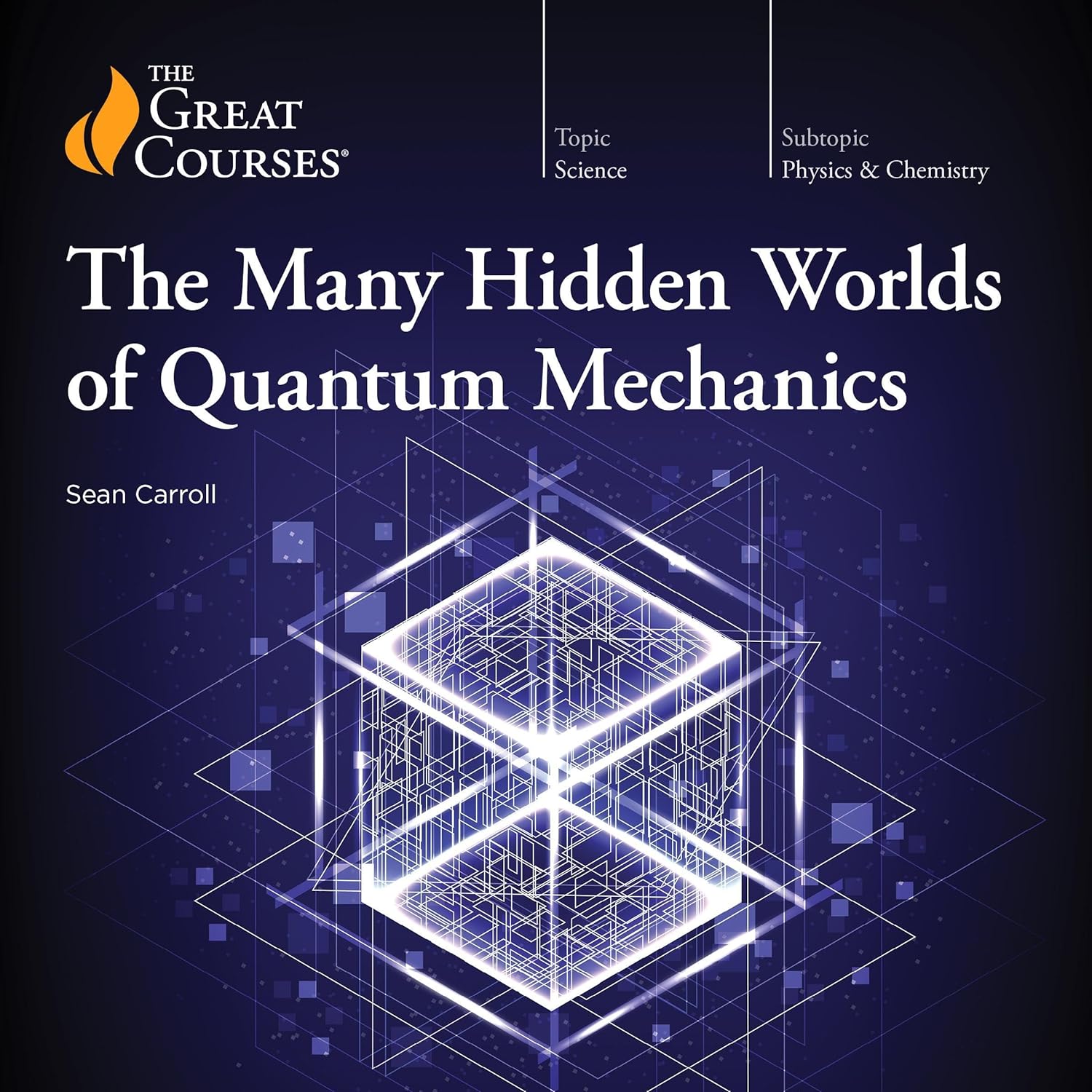
Great Minds of the Western Intellectual Tradition
For 3,000 years, mankind has grappled with fundamental questions about life. What is real? Who or what is God? When is it legitimate for one person to have power over others? What is justice? Beauty? This 84-lecture, 12-professor tour of Western philosophical tradition covers more than 60 of history's greatest minds and brings you a comprehensive survey of the history of Western philosophy from its origins in classical Greece to the present.

America's Founding Fathers
Today, the US Constitution is the oldest, continually-operating instrument of government in the world. But to think of the Constitution as a fully-formed, canonical document is to miss out on an honest, well-rounded grasp of American history. Now, more than ever, any well-informed citizen should understand how the Constitution lives, breathes, and endures.

The Great Ideas of Philosophy
Grasp the important ideas that have served as the backbone of philosophy across the ages with this extraordinary 60-lecture series. This is your opportunity to explore the enormous range of philosophical perspectives and ponder the most important and enduring of human questions - without spending your life poring over dense philosophical texts.

The Strange Death of Europe
The Strange Death of Europe examines the factors contributing to Europe's cultural decline, including mass immigration, self-distrust, and delusion. Douglas Murray travels across the continent, critically analyzing the failures of multiculturalism, migration policies, and the Western fixation on guilt. He uncovers the malaise at the heart of European culture and offers a bleak conclusion, warning that this may be the last chance to change the outcome before it's too late.

The Madness of Crowds
In "The Madness of Crowds," Douglas Murray explores the perils of 'woke' culture and identity politics in today's society. He delves into controversial topics such as sexuality, gender, technology, and race, while examining the Marxist roots of 'wokeness' and the challenges of forgiveness in an increasingly online world. Murray's book offers a clear-headed perspective on the dramatic societal changes we are witnessing, from child gender reassignment to the impact of transgender rights on women.

Economics in One Lesson
Economics in One Lesson is an essential guide to the basics of economic theory. Henry Hazlitt defends capitalism and the free market from economic myths, focusing on non-governmental solutions, a strong anti-deficit position, and the dangers of government intervention. This concise and instructive book remains relevant and valuable today, offering insights into economic fallacies that persist in modern times.

The Story of Human Language
Language defines us as a species, placing humans head and shoulders above even the most proficient animal communicators. But it also beguiles us with its endless mysteries, allowing us to ponder why different languages emerged, why there isn't simply a single language, how languages change over time and whether that's good or bad, and how languages die out and become extinct. Now you can explore all of these questions and more in an in-depth series of 36 lectures from one of America's leading linguists.

Maps of Meaning
In "Maps of Meaning," Jordan Peterson explores the similarities in myths and stories across cultures and eras, drawing connections between neuropsychology, cognitive science, and various psychological approaches to mythology. The book presents a thought-provoking theory that aims to make the wisdom and meaning of myth accessible to the modern mind.

The Ethics of Anarcho-Capitalism
In this book, the author explores the ethical foundations of anarcho-capitalism, building the non-aggression principle from praxeological roots. It offers techniques for applying the principle to real-world situations, while also examining the strengths and limitations of libertarianism. The book delves into libertarian theory, presenting thought-provoking experiments and strategies for readers interested in the philosophy.

The Modern Intellectual Tradition
What is reality? Ask yourself whether you can actually know the answer, much less be sure that you can know it, and you've begun to grapple with the metaphysical and epistemological quandaries that have occupied, teased, and tormented modern philosophy's greatest intellects since the dawn of modern science and a century before the Enlightenment.

The Butchering Art
In The Butchering Art, historian Lindsey Fitzharris reveals the shocking world of nineteenth-century surgery. She conjures up early operating theaters and surgeons who, working before anesthesia, were baffled by the persistent infections that kept mortality rates high. At a time when surgery couldn't have been more hazardous, an unlikely figure, Joseph Lister, stepped forward with the audacious claim that germs were the source of all infection and could be countered by a sterilizing agent applied to wounds. The Butchering Art celebrates the triumph of a visionary surgeon whose quest to unite science and medicine delivered us into the modern world.

Rethinking Consciousness
In this groundbreaking book, Michael S. A. Graziano presents his attention schema theory, tracing the evolution of the mind over millions of years. He explains how neurons allowed animals to develop simple forms of attention and construct awareness of the external world and the self. Graziano explores the fascinating implications of his theory, including the potential for building artificial consciousness and uploading natural consciousness into machines for a digital afterlife.

The Philosopher's Toolkit
Thinking is at the heart of our everyday lives, yet our thinking can go wrong in any number of ways. Bad arguments, fallacious reasoning, misleading language, and built-in cognitive biases are all traps that keep us from rational decision making. What can we do to avoid these traps and think better? Is it possible to think faster, more efficiently, and more systematically?

Against Empathy
In "Against Empathy," Yale researcher Paul Bloom argues that empathy, often considered the ultimate source of goodness, is actually one of the leading motivators of inequality and immorality in society. Bloom claims that empathy is a capricious and irrational emotion that appeals to our narrow prejudices, muddles our judgment, and often leads to cruelty. He suggests that we are at our best when we rely on a more distanced compassion rather than empathy. Bloom demonstrates how empathy distorts our judgment in various aspects of our lives and argues that limiting our impulse toward empathy is often the most compassionate choice we can make.

The Evidence for Modern Physics
How do we know the universe is 13.8 billion years old? How do we know the speed of light is 299,792,458 meters per second? How do we know there are subatomic particles that live less than a trillionth of a trillionth of a second? Studying how physicists make discoveries is the best way to understand key developments in modern physics - from quantum mechanics, to the theory of relativity, to cosmology.

Bach and the High Baroque
Though unappreciated in his own time, Johann Sebastian Bach has ascended to Olympian heights, the verdict of contemporary audiences long since overruled by succeeding generations of music lovers. But what makes his music great? In this series of 32 lectures, a working composer and musicologist brings his exceptional teaching skills to the task of helping you hear the extraordinary sweep of Bach's music. You'll understand the compositional language that enabled him to compose such extravagant, unbridled music while still maintaining precise control of every aspect - beat, melody, melodic repetition, interaction, and harmony. Whether devoted admirer or casual listener, you'll gain a new appreciation of the composer and a heightened skill at listening to his work.

Free Will
In this thought-provoking book, Sam Harris explores the notion of free will and argues that, despite being an illusion, this truth does not undermine morality or diminish the importance of social and political freedom. Harris invites readers to reconsider their understanding of free will and its implications on essential aspects of life, such as law, politics, religion, public policy, intimate relationships, and personal feelings of remorse or achievement.

The Moral Landscape
In this book, Sam Harris argues that a moral system can be based on science, challenging the common justification for religious faith.

Waking Up
This book explores the concept of spirituality, the search for happiness, and the differences between Eastern and Western religions. It delves into mindfulness, the truth of suffering, and the nature of enlightenment. The book also examines the mystery of consciousness, the structure and function of the mind, and the riddle of the self. It discusses the illusion of the self, the challenges of studying it, and the role of meditation in self-realization. The book also touches on the topics of gurus, death, and the spiritual uses of pharmacology.

The Biggest Ideas in the Universe
In "The Biggest Ideas in the Universe," Sean Carroll presents the fundamental concepts of modern physics in an entertaining and lucid manner. He unveils the mystery behind the equations that describe the workings of the universe, from the math of calculus to Einstein's theory of general relativity. Carroll's book is an inspiring introduction to a new way of understanding the world that will resonate with readers across generations.

The Many Hidden Worlds of Quantum Mechanics
In a field known for startling ideas, the Many-Worlds Interpretation (MWI) of quantum mechanics may take the prize. It holds that parallel to our own world are a large number of other universes, almost identical to ours but with small variations. Copies of each of us inhabit a myriad of these worlds. But they are not us exactly; they share our past history, but they are different people who have unique futures. Although these realms are invisible and can’t communicate with each other, prominent physicists are convinced they must exist.

Something Deeply Hidden
Quantum mechanics has always had obvious gaps—which have come to be simply ignored. Science popularizers keep telling us how weird it is, how impossible it is to understand. Academics discourage students from working on the 'dead end' of quantum foundations. Putting his professional reputation on the line with this audacious yet entirely reasonable audiobook, Carroll says that the crisis can now come to an end. We just have to accept that there is more than one of us in the universe. There are many, many Sean Carrolls. Many of every one of us.

Enlightenment Now
In "Enlightenment Now," cognitive scientist Steven Pinker argues that despite the grim headlines, the world is actually becoming a better place. Using seventy-five graphs, Pinker demonstrates that life, health, prosperity, safety, peace, knowledge, and happiness are on the rise globally. He attributes this progress to the Enlightenment ideals of reason and science, which have enhanced human flourishing. However, Pinker warns that these ideals are under threat from various forces, including tribalism, authoritarianism, and magical thinking. With depth and flair, Pinker makes a case for upholding the values of the Enlightenment to confront our problems and continue our progress.

Black Rednecks and White Liberals
This book examines common beliefs about various groups and historical events, arguing that misconceptions have led to misguided political and educational policies.